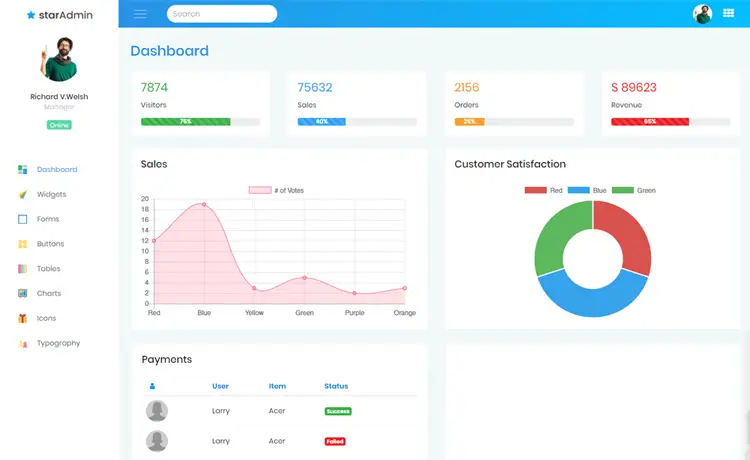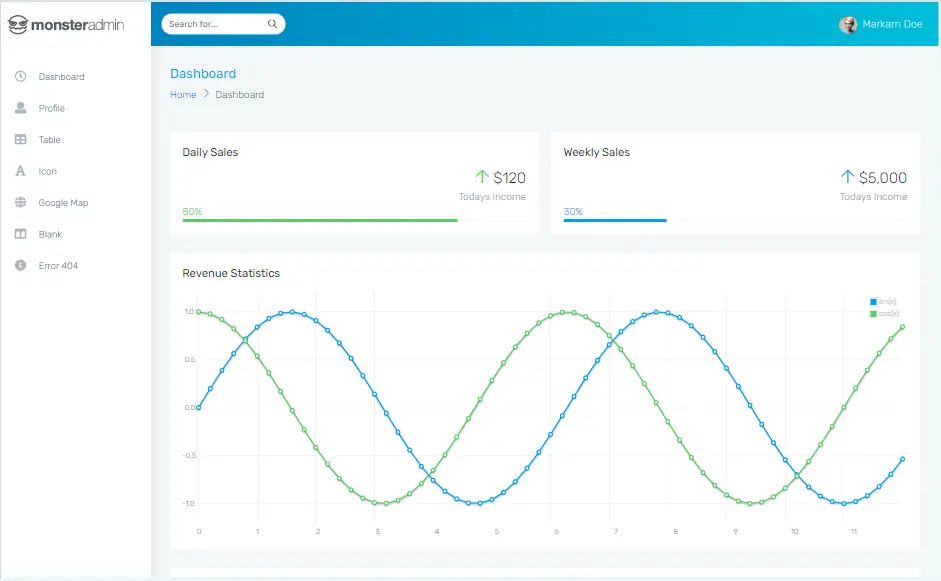How to convert a byte size to string in C#
By Tan Lee Published on Jan 10, 2025 457
There are many ways to achieve this, but here’s a simple and readable solution implemented as an extension method.
public static class LongExtensions
{
public static string ToSizeString(this long bytes)
{
// Define units and corresponding thresholds
string[] sizeUnits = { "Bytes", "KB", "MB", "GB", "TB" };
long[] sizeThresholds = { 1, 1024, 1024 * 1024, 1024 * 1024 * 1024, 1024 * 1024 * 1024 * 1024 };
// Find the index of the appropriate unit by dividing bytes by the size threshold
int index = 0;
double size = bytes;
while (index < sizeThresholds.Length - 1 && size >= sizeThresholds[index + 1])
{
size /= 1024;
index++;
}
// Round to 2 decimal places and return the result
return $"{Math.Round(size, 2)} {sizeUnits[index]}";
}
}This code defines an extension method ToSizeString for the long data type.
We use two arrays
sizeUnitsfor the units (Bytes, KB, MB, etc.) andsizeThresholdsfor their corresponding byte size thresholds.We use a
whileloop to iterate through the size thresholds, progressively dividing the byte value by 1024 until we find the correct unit.
You can use this extension method simply by calling it on a long variable:
public static void Main()
{
long bytes = 42069;
Console.WriteLine(bytes.ToSizeString()); // 41.08 KB
}This method will convert the byte value into the appropriate unit (KB, MB, GB, etc.), making it easier to read and understand.





